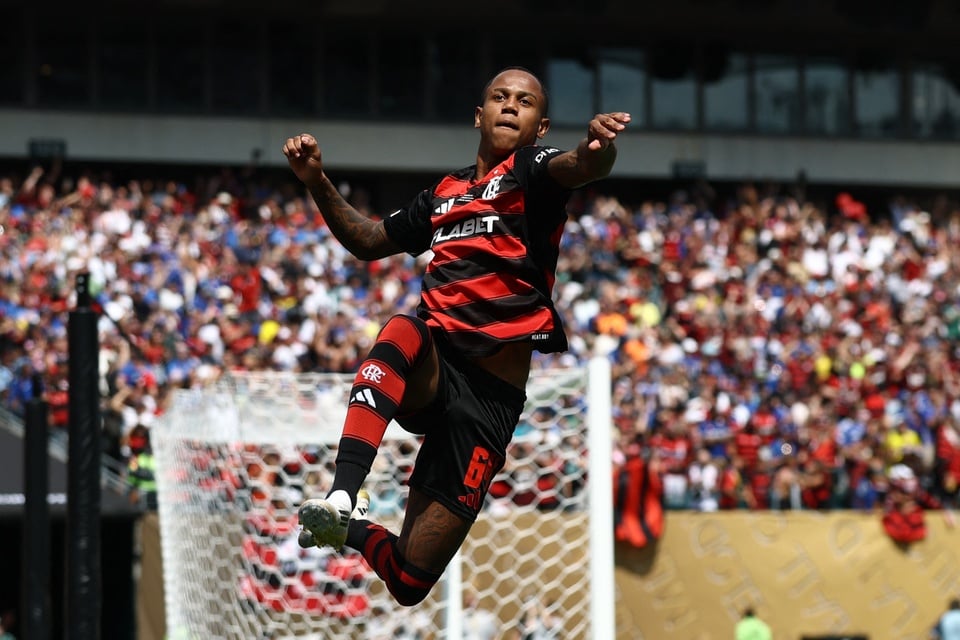 |
Brazilian clubs fly high at the FIFA Club World Cup. |
Don’t let the flashy introductions and pre-match anthems fool you. This Club World Cup is not simply an “American tournament.” In fact, it’s becoming more of a Brazilian football festival—and the rest of the world should probably catch on.
Brazilian Club Show
From the very first round, Brazil’s presence was evident. 70 of the 508 players on the field were Brazilian – nearly 14%, the highest of any nationality. That presence did not only come from the four Brazilian clubs participating in the tournament, but also spread across the teams: from Manchester City, Real Madrid to Urawa Red Diamonds, Mamelodi Sundowns and Pachuca. Brazil, like a football export superpower, brought its best products to all five continents.
Statistics are one thing - results are the best evidence. Eight games, six wins, two draws, not a single defeat - that's the record of the Brazilian representatives. Botafogo brought PSG to their knees. Flamengo overwhelmed Chelsea. Fluminense played to the tune of Dortmund. Palmeiras held Porto to a draw. And most importantly: they're all top of their groups.
These are not simply short-term surprises, but seem to reflect a deeper shift. Brazil, after years of falling behind, is gradually regaining its status as a true football empire.
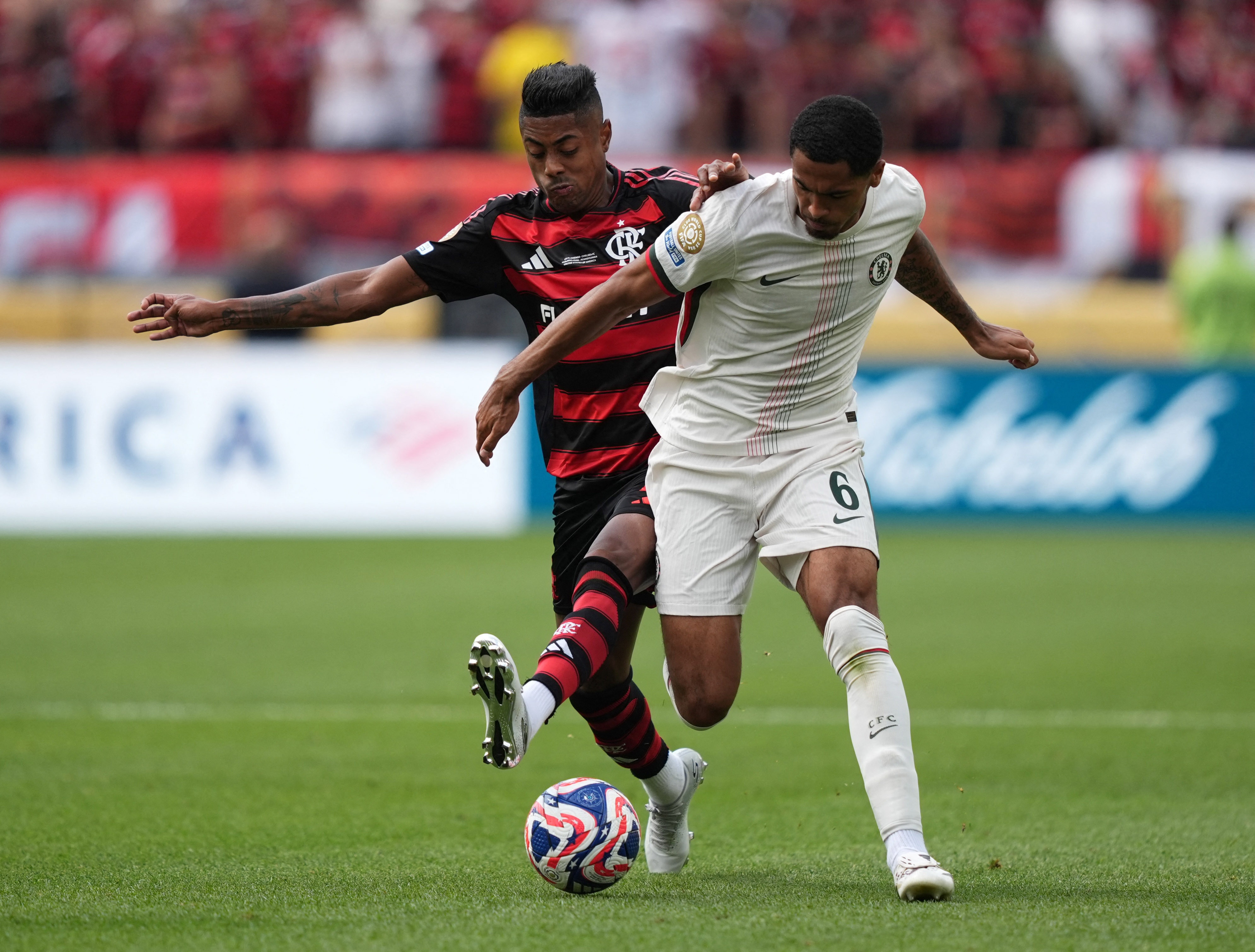 |
Flamengo surprisingly won against Chelsea at the FIFA Club World Cup. |
Brazil's history is not short of glory at club level. Pele's Santos were two-time world champions, Flamengo beat Liverpool in 1981, Corinthians won the first edition of the Club World Cup in 2000. But for more than a decade, it has been a series of disappointments. From Santos' humiliating defeat to Barcelona to the finals where Flamengo, Palmeiras and Fluminense were defeated by European representatives.
The lag is not hard to explain. European football has accelerated with investment, infrastructure, sports science and commercial strategies. Meanwhile, Brazilian clubs have stagnated, lost their best players to Western giants and stuck in old management thinking.
So what's causing the earthquake in America this summer?
First, there is the timing. The Brazilian teams are in the middle of their season, fresh and inspired. The Europeans, by contrast, are entering the tournament with tired legs after a long season. The hot and humid weather - conditions familiar to Brazilian players - is also a hidden advantage.
Motivation is also a differentiator. For European clubs, the Club World Cup has never been a priority - it is not comparable to the Champions League or domestic competitions. For Brazilian teams, it is a rare stage to show their class to the world. They play every game like a final. And sometimes, just a little more desire than the opponent can make the difference.
Even more dramatic is the change behind the scenes. Flamengo and Palmeiras - two symbols of professionalisation - now boast modern facilities that are on par with European clubs. Brazilian teams have also begun to retain players in their prime. Gerson (28), who returned to Flamengo for €15m from Marseille, is a prime example.
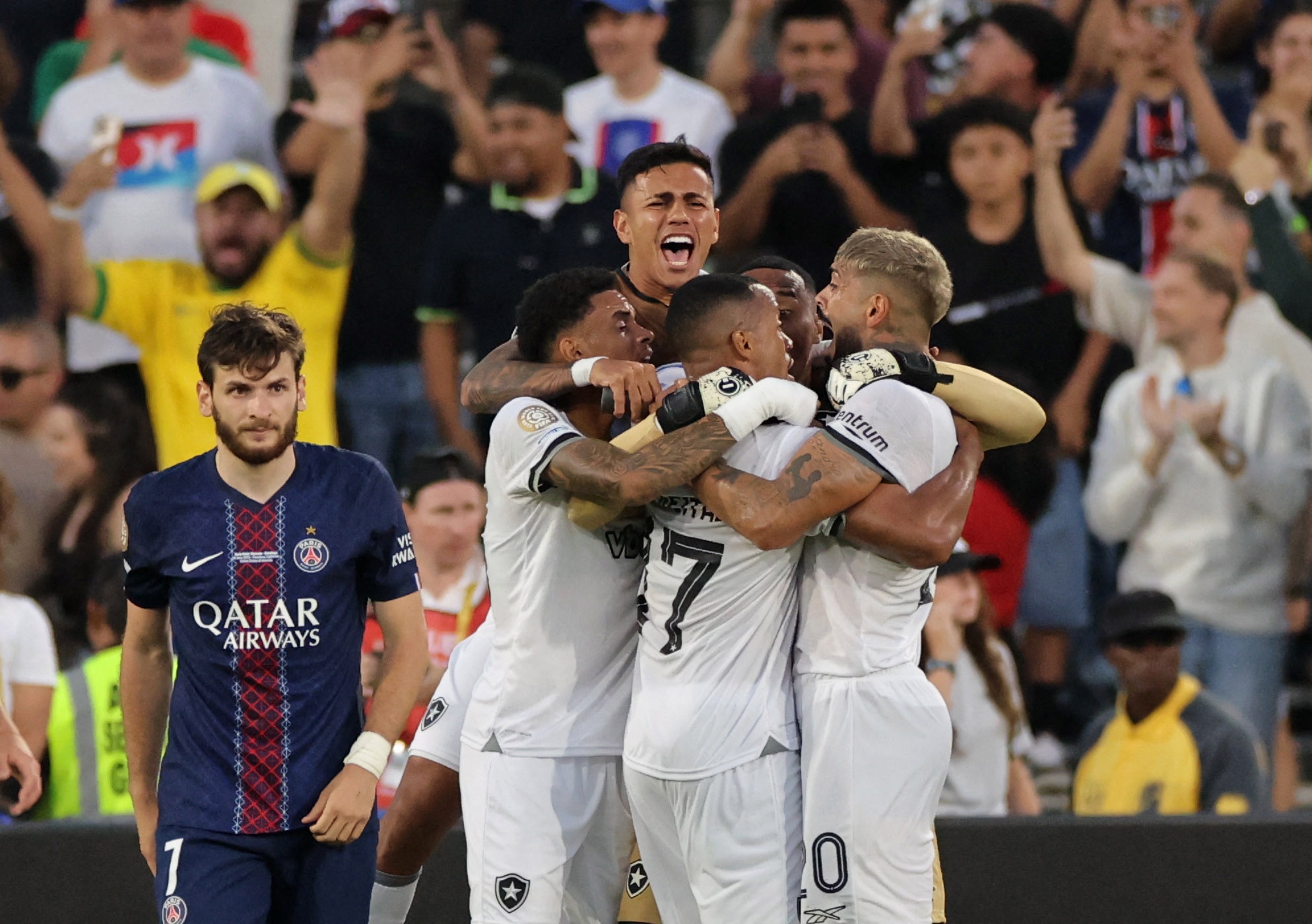 |
Botafogo also caused a shock by beating PSG. |
Another bright spot is coaching. Brazilian football is no longer stuck in the same old rut. Portuguese coaches - like Jorge Jesus or Abel Ferreira - have brought a breath of fresh air. The result: 4 of the last 6 seasons of the Brazilian Serie A have been won by foreign coaches.
The dominance of the Copa Libertadores is a testament to that. Six consecutive titles by Brazilian clubs. Four all-Brazilian finals. Teams from Argentina, Colombia, Chile… seem to be falling behind – not only in terms of expertise but also in terms of financial resources. “They clearly have the economic power that other countries don’t have,” admits Inter Miami coach Javier Mascherano.
While there are still barriers to Brazilian football’s progress, such as an overloaded schedule, poor pitches, and short-term thinking in many places, this Club World Cup is a reminder that the gap is no longer unbridgeable. Wins against Europe’s top teams – while not “overall” – are giving confidence that Brazil is back at the top of the game.
As Filipe Luis, the Flamengo coach, said: “There is a group of eight to 10 clubs at a different level. But right below them, the Brazilian clubs are in the second tier.”
It's true - and a welcome sign for a footballing nation that was once a beacon of the world. They may not be at the top now - but they're back. And the 2025 Club World Cup could be the place to prove it.
Source: https://znews.vn/bong-da-brazil-thach-thuc-chau-au-tai-club-world-cup-post1563028.html


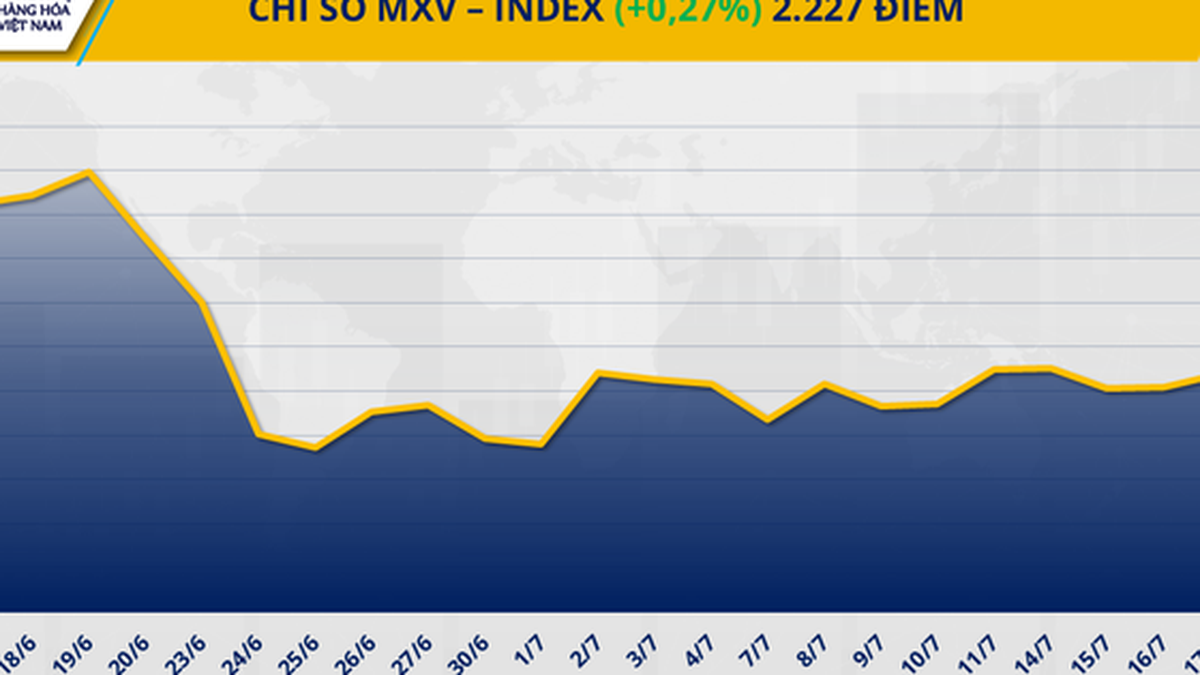



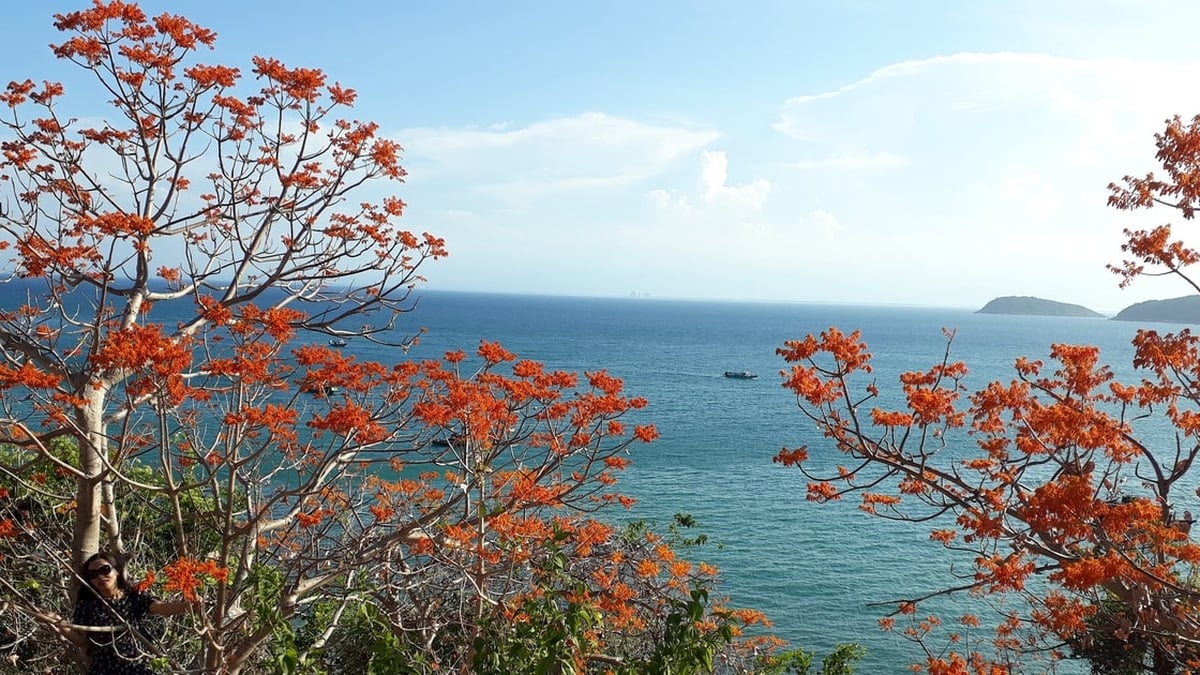
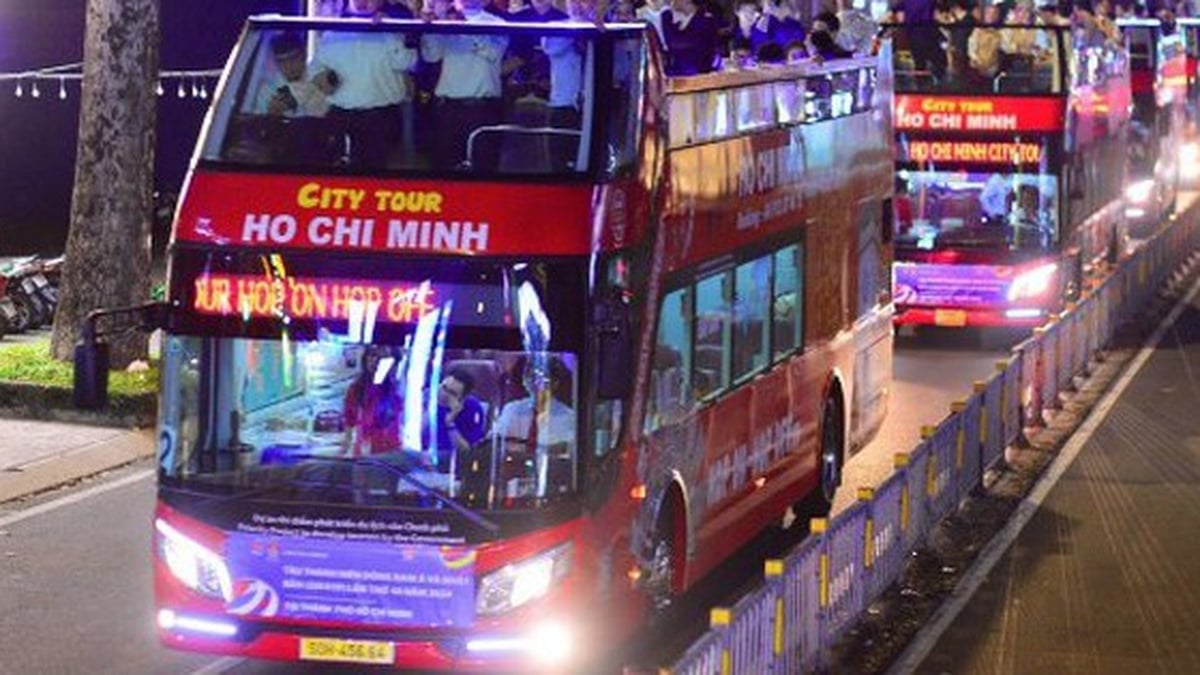

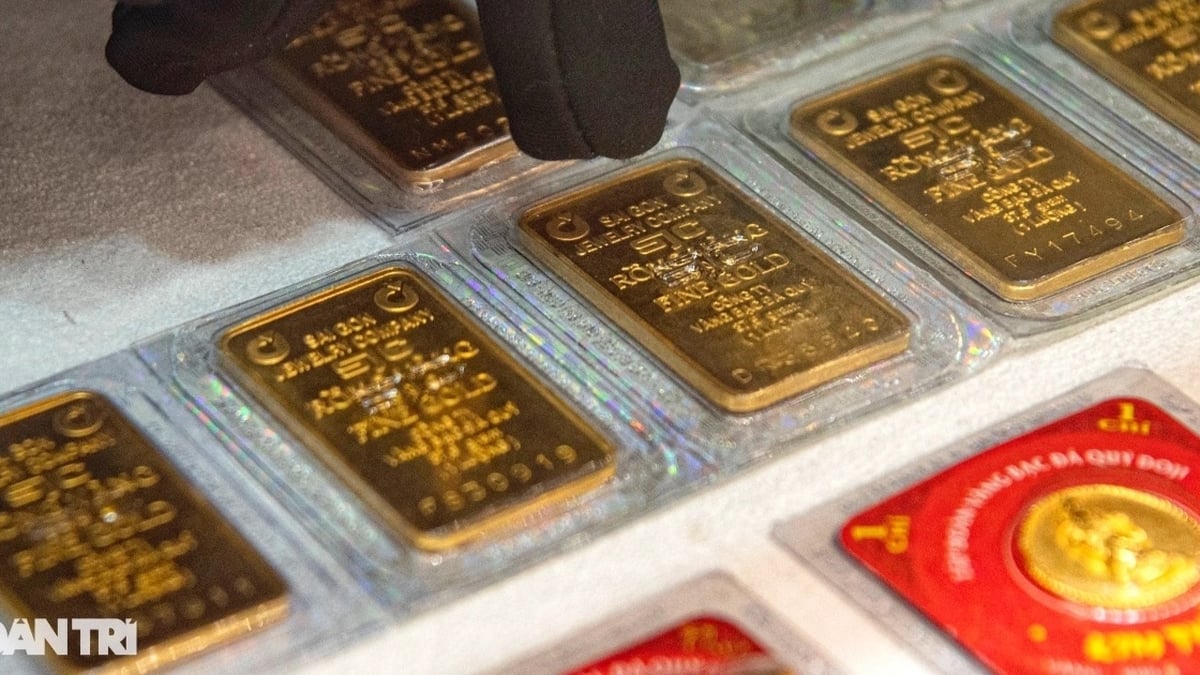

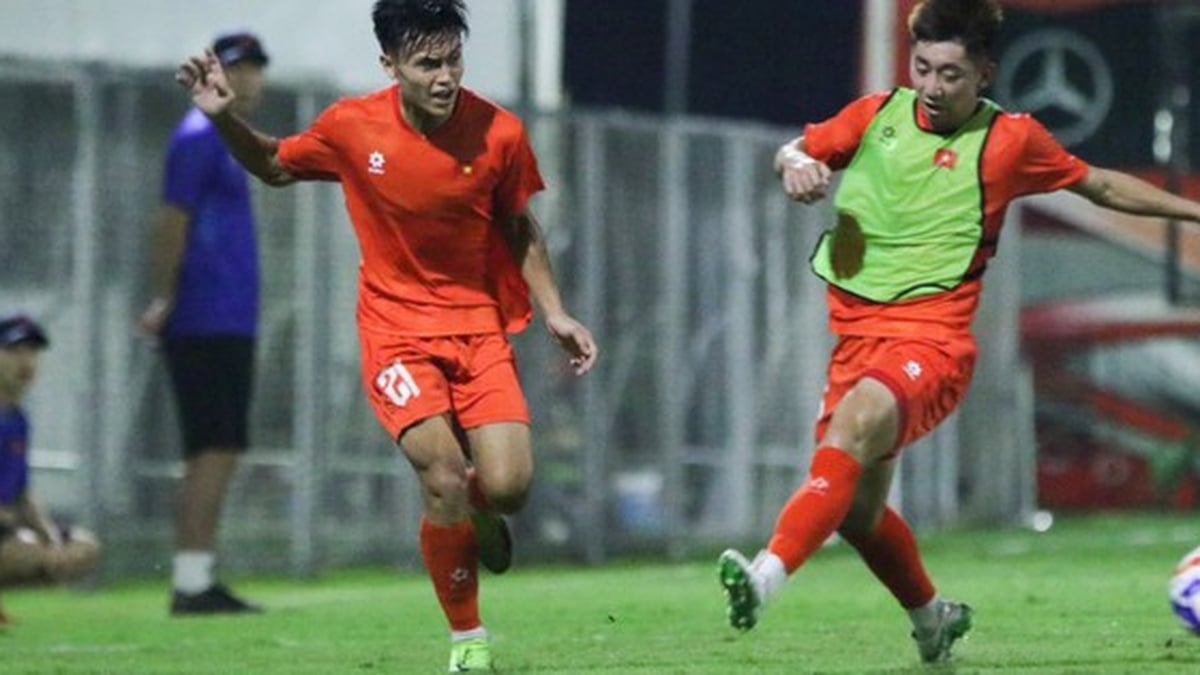















































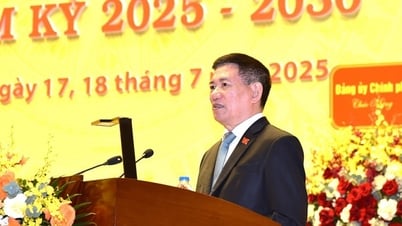


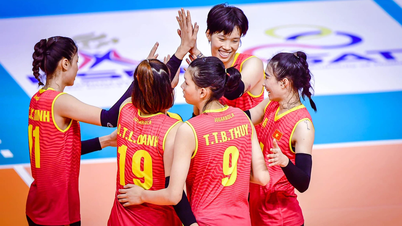



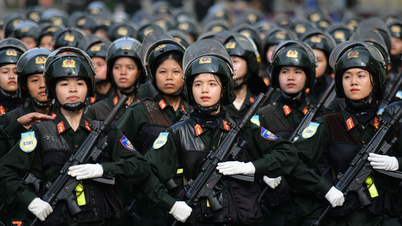








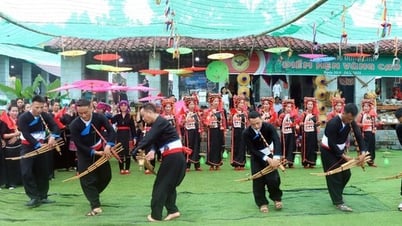
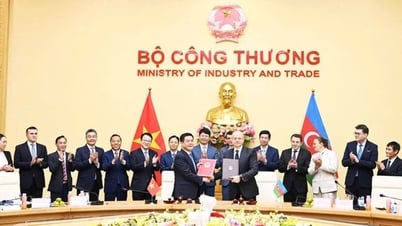










![[Infographic] In 2025, 47 products will achieve national OCOP](https://vphoto.vietnam.vn/thumb/402x226/vietnam/resource/IMAGE/2025/7/16/5d672398b0744db3ab920e05db8e5b7d)














Comment (0)